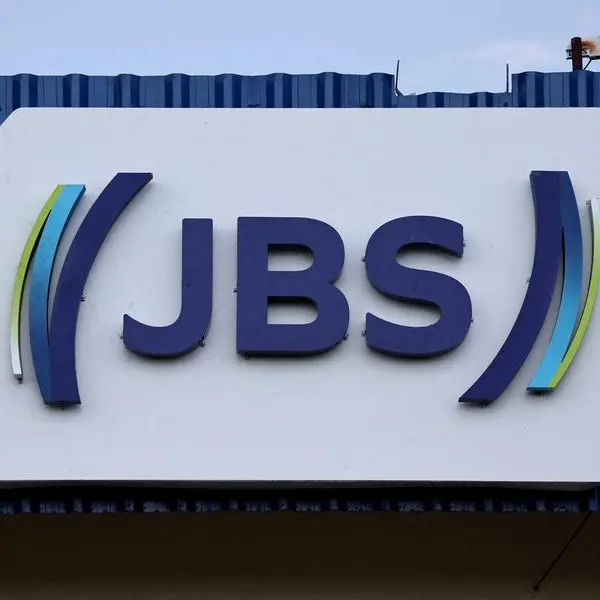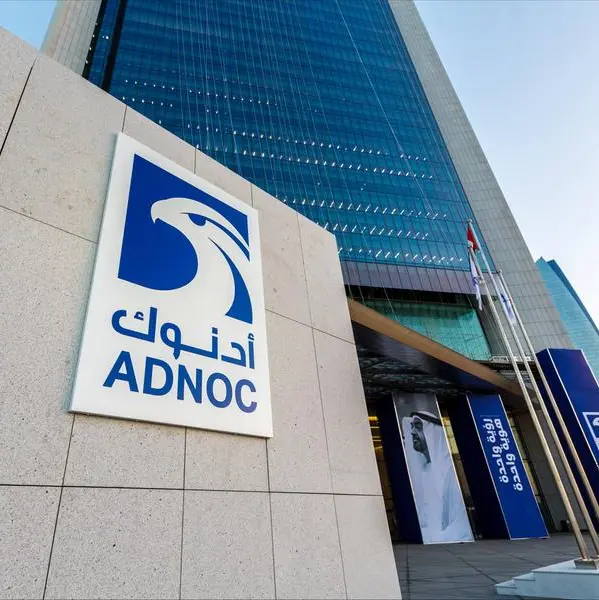PHOTO
Sunday, Feb 05, 2017
Dubai: The capital markets regulator said on Sunday that countering financial crimes remains a top priority of regulators, at the same time providing a supportive environment for new businesses.
The UAE recently adopted enhanced regulations in anti-money laundering, a move that is vital to stop illicit money flow, with harsher punishments and heavy fines.
“(It has) provided easier routes for redress for investors in terms of handling complaints and dispute resolution, in addition to working on regulations pertaining to investor protection schemes, and whistle-blower protection,” Dr. Obaid Al Zabbi, acting chief executive officer of Emirates Securities and Commodities Authority (ESCA), told an industry gathering of regulators.
“We continuously consider the suitable and most proportionate regulatory framework required for licensing new products and services, both traditional and novel ones, and carefully dealing with innovations such as Fintech,” he added.
The country has been undertaking regulatory reform to enhance market integrity and transparency and restoring investor confidence.
The regulations helped SCA to ascend by 39 places on the “Minority Investor Protection Index” in the Ease of Doing Business 2017 report issued by the World Bank, making the UAE the highest ranking Arab country on this metric and among the top 10 in the world.
The SCA also issued a resolution last year on corporate governance, in line with international best practices to promote a corporate culture of maintaining the highest levels of corporate governance standards at publicly listed companies.
The systemic risk has come to be on the top of the regulatory agenda after the challenges posed by turmoil in financial markets, he said.
“The repeated episodes of turmoil that the financial markets have gone through during the past decade, has proven that many of the established governance, compliance and risk management systems were not fully equipped to deal with the emerging risks that the markets encounter,” Al Zaabi said.
Moreover, these crises showed that most financial institutions were too focused on their own internal risk management and did not sufficiently appreciate their contribution to the overall larger financial system, and this is when systemic risk has come to be on the top of the regulatory agenda,” he added.
Recalibration:
Eisa Kazim, Governor, Dubai International Financial Centre (DIFC), noted that the financial industry is influenced by new challenges presented by innovation as well as a fast developing regulatory environment.
“Looking ahead, 2017 will bring an element of recalibration as plans for the implementation of Brexit unravel, numerous elections take place across the globe and a call for deregulation of financial services are passed. We need to focus on how to bring new technologies, new ways of working and new sub-verticals in the financial industry,” Kazim said at the same gathering.
The DIFC has already trained 33 UAE Nationals to become proficient in regulatory best practice as part of Dubai Financial Services Authority’s (DFSA) Tomorrow’s Regulatory Leaders Programme.
DIFC is helping form the next generation of the accounting standards through its work in the Islamic Finance Consultative Group.
By Siddesh Suresh Mayenkar Senior Reporter
Gulf News 2017. All rights reserved.





















